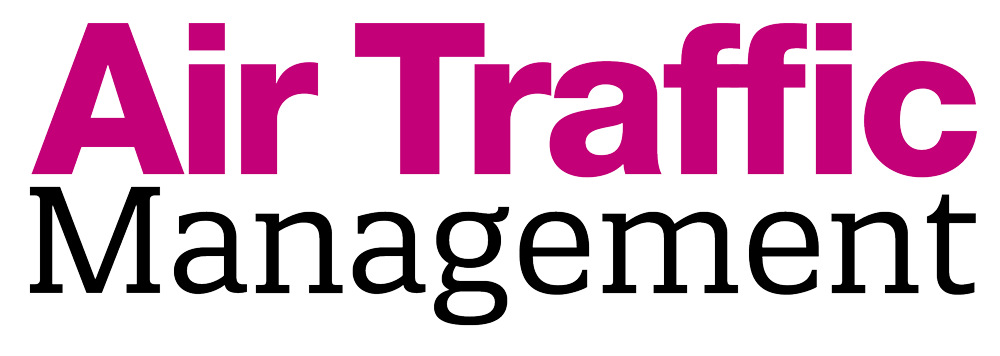Air traffic volumes are gradually recovering from the slump in traffic stemming from the COVID-19 pandemic, but new and sometimes unexpected events have been impacting the work of German air traffic controllers since 2022. The war in Ukraine, combined with large-scale airspace closures in Russia, Belarus, Moldova and Ukraine, among others, continue to impact traffic flows in Europe. At the same time, there has been a significant increase in military air traffic by at least 15-20 precent. Furthermore, the NATO Tiger Meet exercise and the European Football Championship 2024 (UEFA Euro 2024) are major events that will be taking place in German airspace, which is already very busy.
“Air traffic volumes are gradually recovering after the slump during the COVID-19 pandemic. A new record number of aircraft movements is not expected until 2027 at the earliest“, said DFS CEO Arndt Schoenemann during the annual press conference in Langen, Germany. “Last year, air traffic controllers guided around 2.83 million flights of larger aircraft. Almost 3 million aircraft movements are expected this year which is again less than in 2019 by a good 3.3 million. DFS is expecting a high volume of travel for the summer - with particular challenges.“
Future of global air transport
Nevertheless, the DFS CEO expects enormous changes worldwide in the coming years, which will also have an impact on the work of air navigation services.
“We are seeing a rapidly growing middle class in emerging markets, extensive aircraft orders from these regions, as well as from other well-known airlines. This leads me to only one conclusion: We have to align our technology much more closely than before with the multitude of new demands, including this traffic growth.”
Situation in Germany
German airspace covers around 390,000 square kilometres, which is three percent of European airspace. However, every third flight in Europe uses German airspace and is monitored by DFS. Worldwide, there are few comparable airspaces used as intensively.
“Increasing weather events are causing challenges for air traffic over Germany. In May alone, twice as many severe weather events were recorded as in the same month last year“, said Schoenemann. “Climate change is having a corresponding impact.”
DFS as attractive employer and technological pacesetter
The company needs over 7,000 applicants to recruit around 140 air traffic controllers every year. Thanks to intensive recruiting, however, the company has been able to find and hire suitable young people in times marked by a shortage of skilled labour.
In the operational area, DFS is increasingly focusing on digitalisation and automation, for example through pre-calculated flight paths in trajectory-based air traffic control systems. DFS is supporting projects for the use of flexible architecture for these systems as well as the expansion of broadband air-ground communication. It is the first air navigation service provider in the world to virtualise its systems, moving from central services to the cloud. As DFS operates infrastructure critical to the functioning of the country, special attention is being paid to data security.
“We are recognised internationally as a technological pacesetter; something we are committed to. This is the only way to manage the expected growth and the requirements for climate- and noise-friendly air transport as military activities continue to increase in the coming years.”
No redundancies during the COVID-19 pandemic – solid bargaining agreement
The DFS CEO looks back on 2023 and the first half of the current year with satisfaction. He also expressly describes the current collective bargaining agreement, which was concluded a few days ago after two years of intensive negotiations, as a success achieved jointly with the collective bargaining partner.
“We coped well with the COVID-19 pandemic and had the foresight not to lay off any staff. This means that we can continue to work with a qualified and committed team – we are well positioned.”
Tiger Meet military exercise and UEFA Euro 2024
The NATO exercise Tiger Meet will take place in northern German airspace from 3 to 13 June. More than 70 fighter jets and helicopters from 15 nations will take part, including six Eurofighters and six Tornados from the German Air Force. After the Air Defender military exercise last year, DFS is once again contributing its civil-military expertise.
UEFA Euro 2024 will also generate additional air traffic and requires a lot of preparatory work for our air traffic control experts.
“We are looking forward to this major sporting event. We will ensure that teams, organisers and guests fly safely to the venues. Germany will also be a great host in the air,” concluded Arndt Schoenemann at the press briefing.
